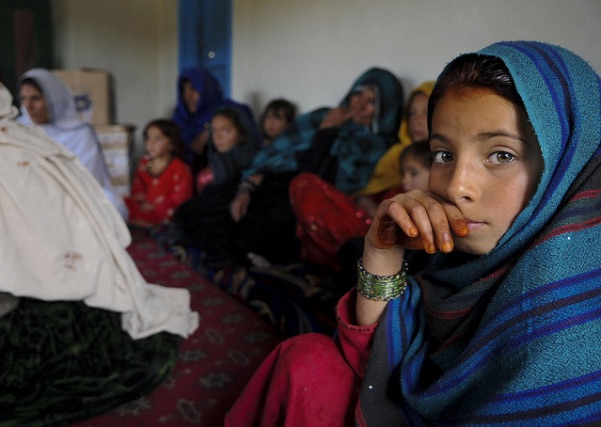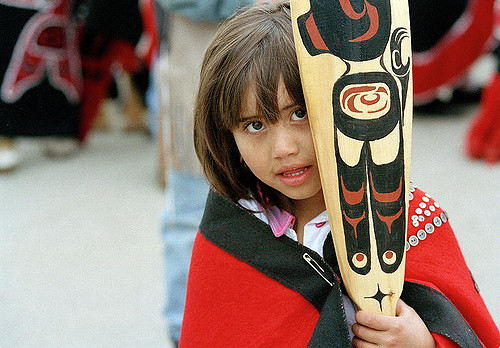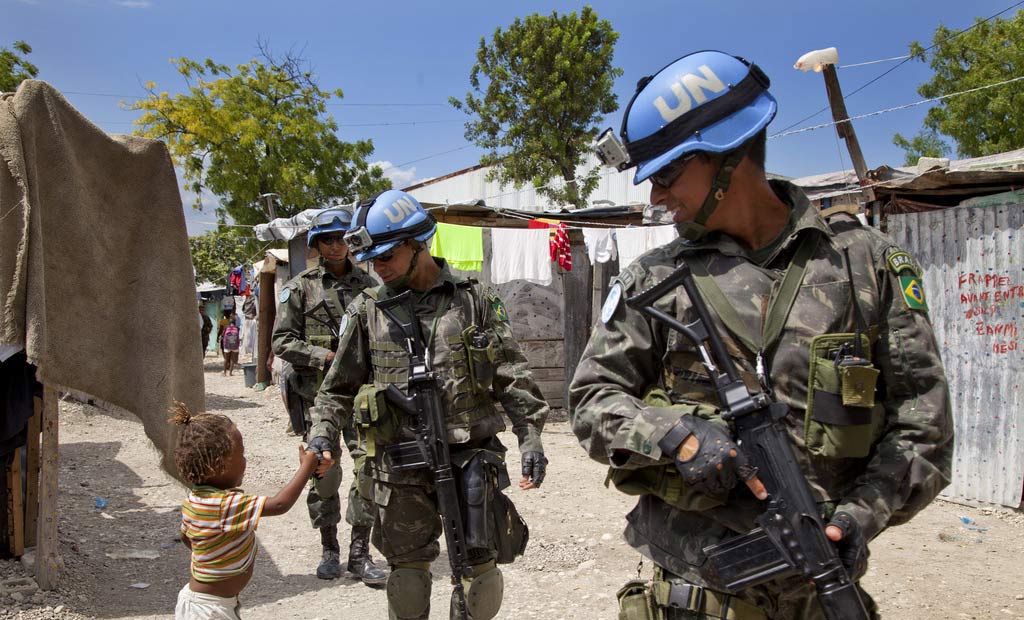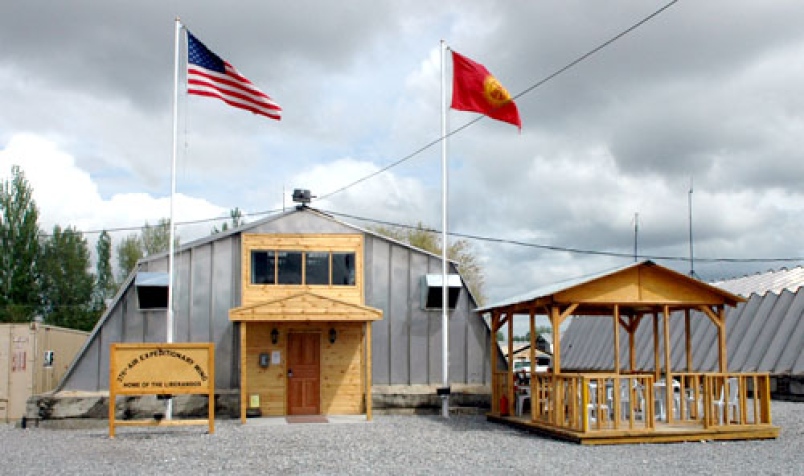On March 23, 2005, the Afghan government approved a proposal from the Ministry of Women’s Affairs (MOWA) to begin drafting the National Action Plan for the Women of Afghanistan (NAPWA). After three years of consulting various NGOs, government ministries, provincial and international actors, the Cabinet approved the NAPWA on May 19, 2008. The government of Afghanistan intends to implement the NAPWA between 2008 and 2018. There are three key pillars at the core of the NAPWA. The first pillar is security; the second is governance, rule of law and human rights; and the third is economic and social development.
The United Nations Security Council introduced Resolution 1325 on October 31, 2000 to emphasize the “importance of [women’s] equal participation and full involvement in all efforts for the maintenance and promotion of peace and security, and the need to increase their role in decision-making with regard to conflict prevention and resolution.” The government of Afghanistan demonstrated their support for this specific clause of UNSC Resolution 1325 in the NAPWA’s security pillar, chapter four, where one of the three key indicators of progress is an increase in the number of women engaged in peacebuilding and security initiatives. The Afghan Women’s Network’s (AWN) Civil Society Monitoring report revealed the Afghan government’s plans to introduce a National Action Plan (NAP) specifically for the full implementation of UNSC Resolution 1325 later in 2014. However, the NAP has still not been released. Recent reports note the launch of the NAP has not been determined. The NAP will complement current initiatives to improve the status of women like the NAPWA.
“If you look at women who are in the HPC, they are passive. They do not play a real role; it is just symbolic so everyone can say ‘look we have women in the HPC'”
How much progress has the Afghan government made in its efforts to implement the NAPWA? Oxfam published a report in November 2014 analyzing the status of Afghan women and their role in decision-making processes. The Oxfam report notes that, “high-level talks between the Afghan government and members of the Taliban have been reported as early as 2005. Since then the two parties have held talks in Saudi Arabia, the Maldives, France, Japan and the UAE, yet the only meetings known to have included Afghan women were those held in the Maldives and France.” The report notes it is unclear whether the new President of Afghanistan, Ashraf Ghani, will include women in future peace talks between the Afghan government and Taliban. The Oxfam report does acknowledge that women have been appointed to some high-profile positions, like head of the Afghan Independent Human Rights Commission, and to the High Peace Council (HPC). However, Oxfam stresses that this progress is extremely fragile. For instance, the quota of women in Provincial Council dropped to 20% from 25% in 2014. Consequently, the Afghan government must take a proactive role in preventing regression to meet goals outlined in the security pillar of the NAPWA.
The Oxfam report also indicates that some women’s rights activists in Afghanistan are critical of how much influence women who sit in the High Peace Council have on its proceedings. For instance, activist Selay Ghaffar remarked, “If you look at women who are in the HPC, they are passive. They do not play a real role; it is just symbolic so everyone can say ‘look we have women in the HPC.’” The 2014 AWN Civil Society Monitoring report draws a similar conclusion when discussing the role of women in Provincial Peace Councils (PPC): women are overlooked. Only seven of the 70 HPC members are women, which is less than 13% while only 2-3 of the 25-30 person PPC are women, which is less than 10%. Oxfam recommends that the government of Afghanistan introduce a 30% threshold for women in critical decision-making bodies under the government. Incorporating this recommendation will assist the Afghan government in realizing the goals outlined in the security pillar of NAPWA.
2015-2016 marks the eighth year since the government of Afghanistan began implementing the NAPWA. With only a few years until 2018, the next few years are critical to ensuring that the goals outlined in the security pillar of the NAPAW are met. Reports of new talks between the Afghan government and Taliban for later in the year have emerged. If these talks are finalized, they will be an opportune moment for the Afghan government to demonstrate its commitment to the NAPWA by ensuring women play a critical role.




